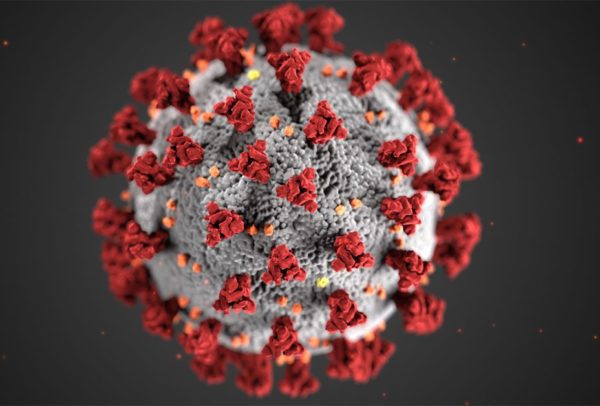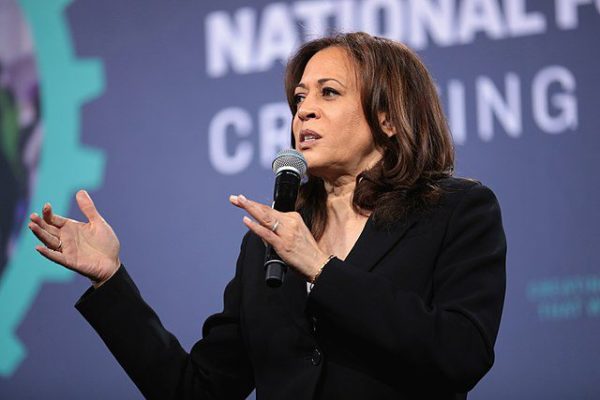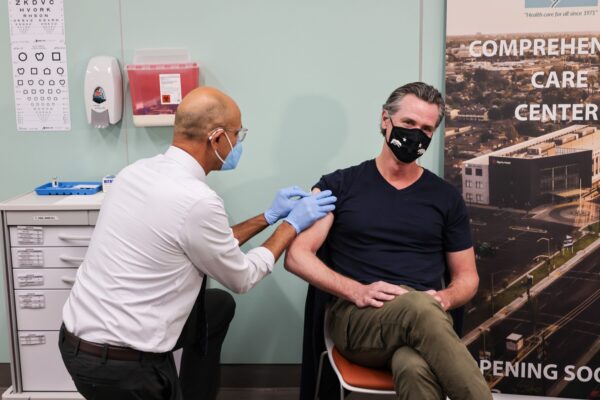Los Angeles County reported another 1,532 COVID-19 infections from the weekend, along with 22 new fatalities.
The county, which no longer reports COVID numbers on weekends, did not immediately report infection and death numbers for Monday, citing “technical issues” with the data processing system. Monday’s numbers will be tallied when the issue is resolved.
The Department of Public Health reported 1.073 new infections from Saturday and 459 from Sunday. The new cases lifted the county’s overall total from throughout the pandemic to 3,472,418.
The official number of cases reported each day is believed to be an undercount of actual virus activity in the county, due to the prevalent use of at-home tests that are not always reported to the county, according to health officials.
The county reported 12 COVID-related deaths from Saturday, and 10 more from Sunday. The county’s overall death toll rose to 33,832.
According to state figures, there were 434 COVID-positive patients in county hospitals as of Monday, with 58 of those patients being treated in intensive care.
County officials have said that roughly 40% of the COVID-positive hospital patients were admitted specifically for COVID, while the others were hospitalized for other reasons but tested positive upon admission.
The seven-day average rate of people testing positive for the virus was 3.4% as of Sunday.
County Public Health Director Barbara Ferrer noted last week that the past two winters have seen significant surges in infections, with more people spending time indoors and mingling in areas with reduced ventilation. Last winter’s surge, however, was notably different because the spike in infections did not lead to overwhelming numbers of people being hospitalized — the result of widespread vaccinations and immunity from previous infections.
But with new variants constantly arising and vaccine protection waning over time, there is always the fear that another surge could again threaten hospital capacity.
She again urged residents to receive the most recent COVID booster shot, which is specifically engineered against currently circulating strains of the virus.
If enough people get booster shots, she said, “we could avoid what happened the last two winters, which is a real strain on our health care system.”







